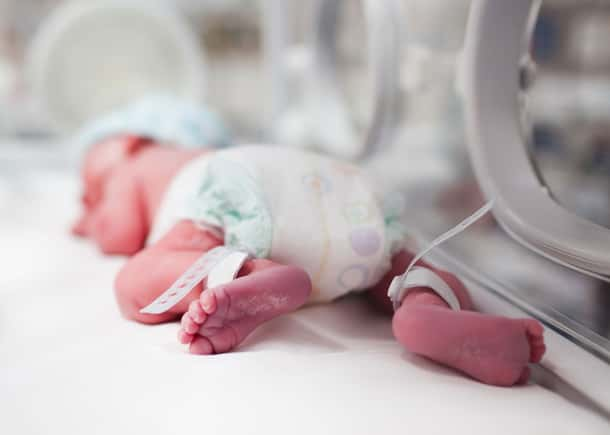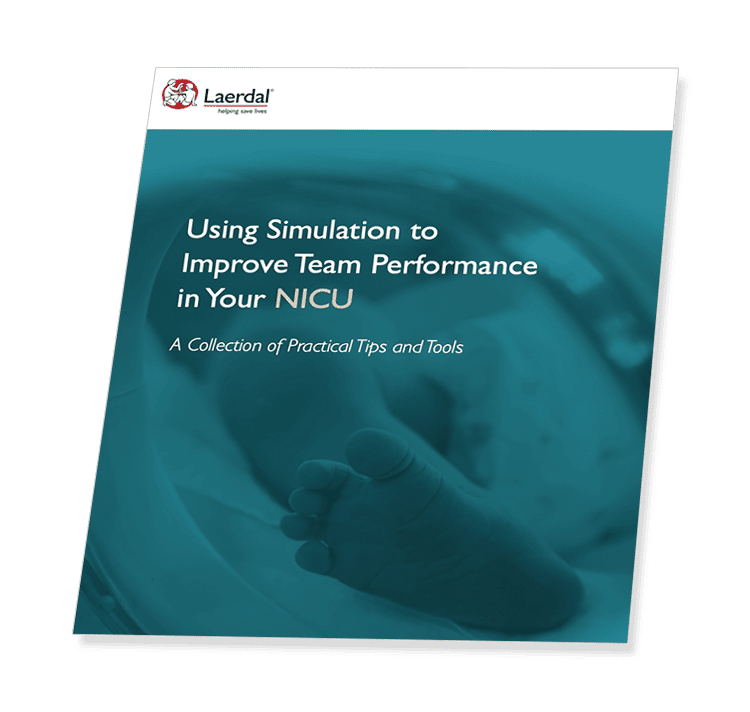How Hospitals are Addressing COVID-19 in the NICU
Patient Care in the NICU

Patient Care in the NICU

In hospitals, Neonatal Intensive Care Units (NICUs) are among the departments having to take the most extreme precautions in response to COVID-19. The acuity of the patients in the NICU, along with new patient safeguards that need to be put in place, have caused many NICUs to have to adjust rapidly with little preparation.
We’re listening to our clients, and here are some ways that NICUs are adjusting to COVID-19.
Although early data suggests that pregnancy does not increase risk of COVID-19, many hospitals are canceling all birth center and NICU prenatal tours to reduce unnecessary hospital exposure. Maternity and parenting classes have been cancelled, too.
It stands to reason, NICUs are performing rapid training to ensure correct adherence to infection control practices and personal protective equipment (PPE) use. This includes considering the appropriate space and staffing needs at all points of care.
Generally, facilities are allowing only one support person (significant other, parent, doula, or midwife) during the length of her hospital stay. The NICU may further stipulate that only parents or assigned gaurdians are allowed, and once assigned there can be no substitutes.
Larger items such as birthing balls and pillows will not be allowed. And, for the safety of parents and caregivers, no packages, gifts, or food will be permitted into most facilities.
Patients and visitors who are concerned that they may have contracted the coronavirus are being directed for further evaluation (i.e. taking temperature) before gaining admittance to the building.
Some NICUs are having to cope with a shortage in both personnel and resources to include PPE. NICUs are turning to telemedicine internally to communicate to staff normally readily available to them and are using simulation to test methods for rationing PPE and necessary equipment.
The Centers for Disease Control and Prevention (CDC) and the American College of Obstetricians and Gynecology (ACOG) recommend separating the mother and newborn for up to a week or more to protect the newborn.1 Some cases also allow for parents to visit their newborn one at a time in a low-pressure room.
With reduced visitation and the potential to be separated from their newborns, mothers may begin to feel isolated and grieve the loss of bonding time. Some hospitals are embracing available technology like Zoom Video Conferencing and FaceTime to provide emotional support to patients.
Some organizations are temporarily relocating neonatal patients to other NICUs who can provide the same or higher levels of care. The hope is that this will isolate newborns in a safe environment, while also reserving space for adult patients in need of critical care.
NICUs are faced with having to maintain normal operations amid COVID-19 in what has now become a highly abnormal environment. If you'd like to know how simulation can support your efforts to maintain high-reliability status during and after this crisis, download our latest eBook.
Thank you for all you do to give babies a healthy start at this critical time.
[E-Book] A Collection of Practical Tips and Tools
Learn how you and your NICU team can use simulation to achieve high-reliability status.
